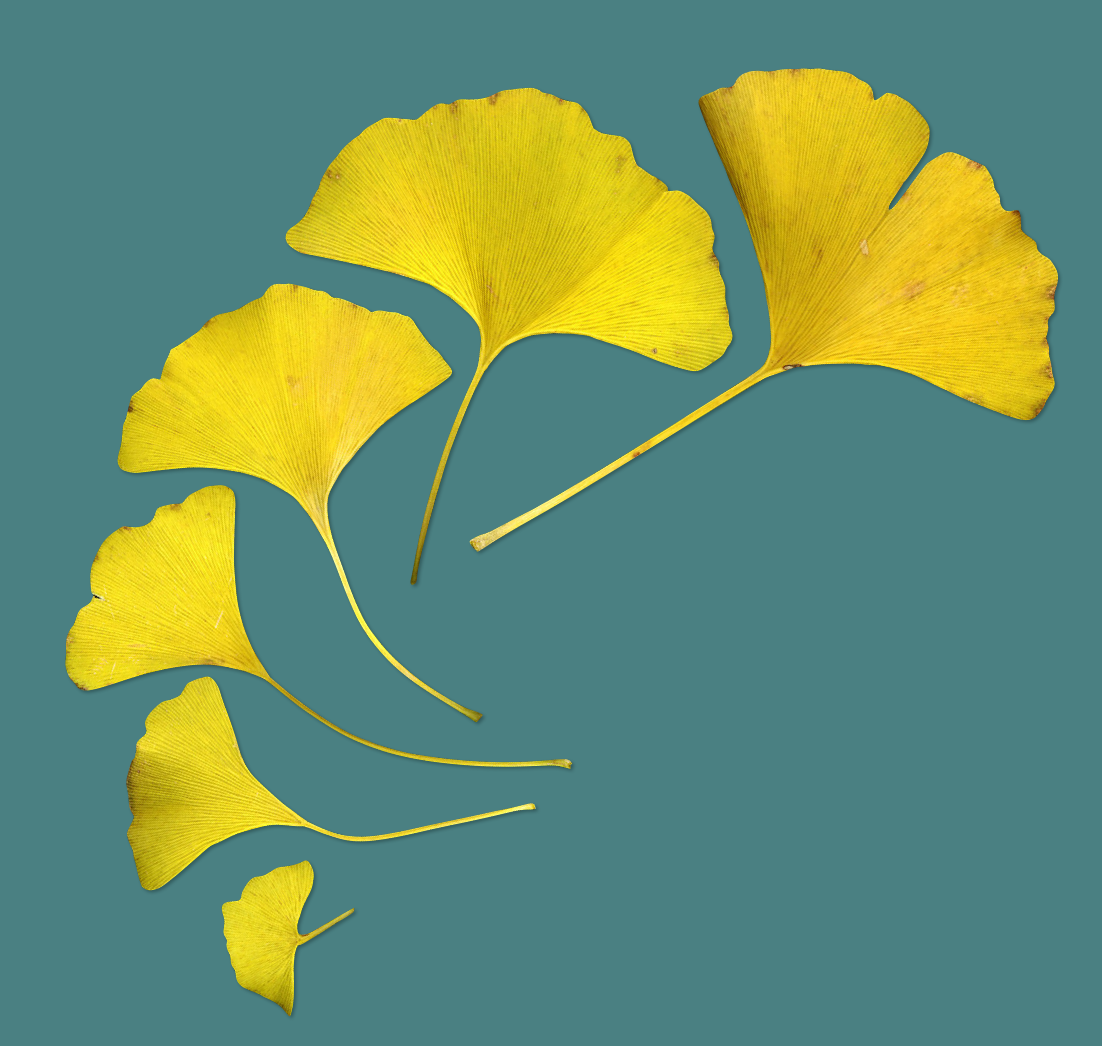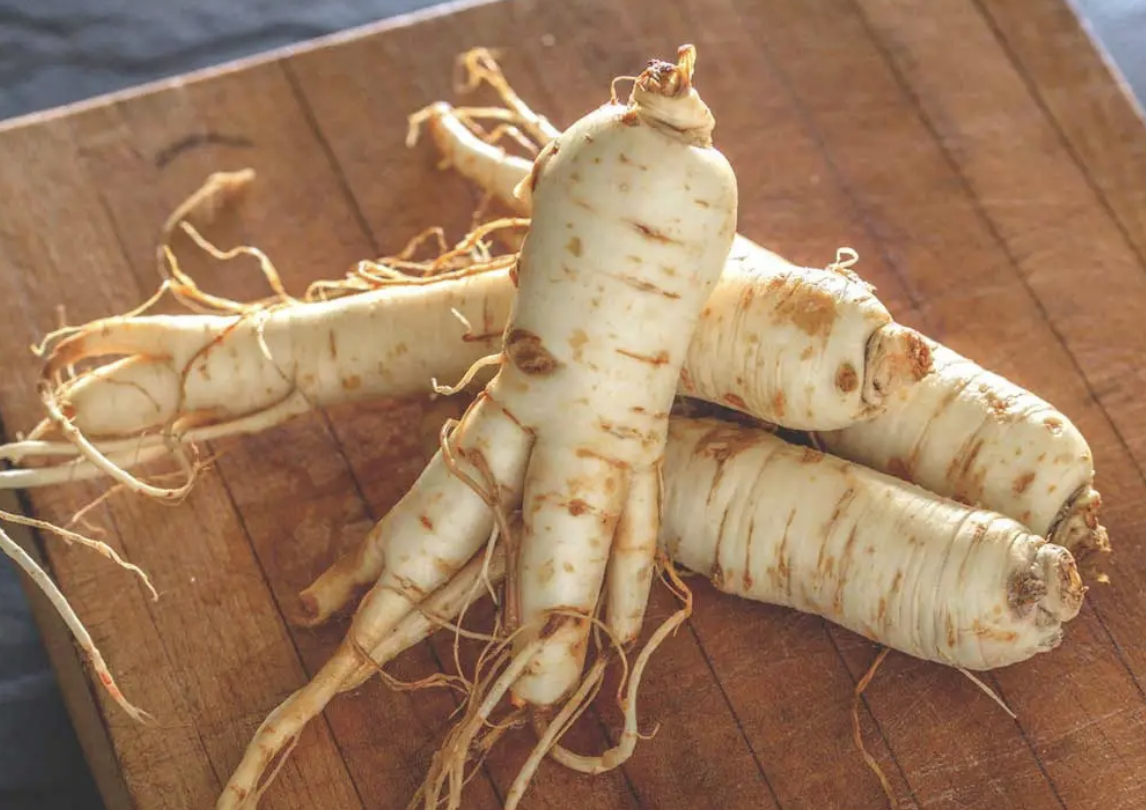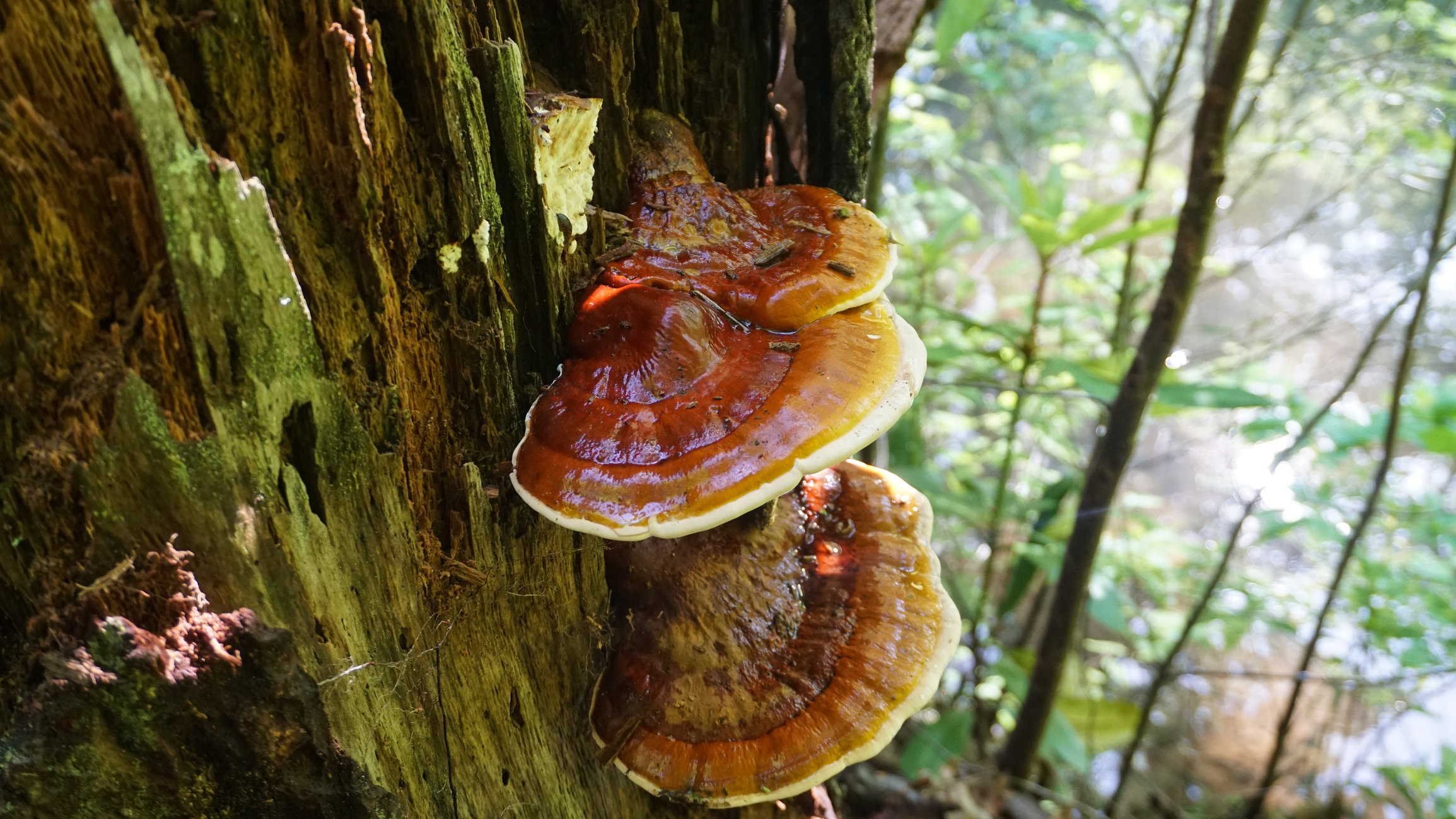Herbal Allies for Stress
Stress is an often used but vaguely defined term. When we refer to stress we are usually referring to a state of feeling overwhelmed, tense, anxious, frustrated, irritable or nervous. Not just occasionally, but often chronically. We get stuck "on." Our default becomes tension rather than relaxation.
I have been focusing on unwinding stress in my own life. It is such a major underlying contributor to so many health issues. It also causes an acceleration of the ageing process. Without getting a handle on chronic stress, it is hard to regain a healthy sense of vitality. We are not meant to merely endure life, but stress can make it seem so.
Resting. Cats are the epitome of relaxed.
Stress also contributes to poor relationships with our loved ones. When stressed, we tend to focus on goals, trying to get things done. We are less aware of the normal, healthy needs of those around us. Stressed parents are less in tune with their kid’s needs. Stressed partners are less sensitive to their beloveds. We can tend to withdraw or seem distant.
The opposite of stress is a sense of being able to cope, of having enough time to do what needs to be done. To fulfil obligations and have time for oneself and creative or fun activities. A sense of peace and balance.
Nowadays, we tend to be overscheduled with work and family obligations. We are overstimulated by the input of information from many sources. Overwhelmed with social and personal expectations. It is too much for our nervous systems. Our nervous systems are not built to handle this level of constant stimulation, overwhelm, and expectation. We need help.
Nourish the Nervous System with Nervines
Of course, stress is a big topic, but this post is about herbs for stress. One area where we can support ourselves is to nourish our nerves. Our nervous system is a physical system of nerve fibres in our body, and they do need nourishment. In herbal medicine, we have a term for herbs that help to relax nervous tension and nourish the central nervous system. It is “nervines”.
Chamomile flowers
Examples of nervines are chamomile, milky oats, skullcap, passionflower, lavender, lemon balm, valerian, and St John’s Wort. These are just a few herbs that help unwind a tense, nervous system. They all have their particular qualities and strengths. You are probably familiar with valerian for sleep, chamomile for relaxing and lavender for its soothing, calming effect.
Field of lavender
For many years my favourite nervine has been kava kava, which is from the Pacific Islands. It is a powerful but gentle relaxing herb that kicks in quickly. When in deep grief and/or stress, I have found kava to take the edge off and let my system relax and not be so caught up in its stressful hyperfocus. It is good for anxiety and also insomnia. It also takes the edge off pain- whether physical or emotional. Kava has been what I would call my herbal ally- a friend I would lean on. Better than alcohol, drugs or other addictions, it is a generous gift from the plant world for our times.
One of my favourite kava products (professional brand only)
Lately, kava is too strong for me, as my system has relaxed more. My go-to for a while now has been an evening cup of chamomile tea after dinner, which also works as a mild digestive aid. Chamomile has long been known to help settle the nerves and is easily taken in tea form. The normal teabags in the supermarket are fine. So now, chamomile has become my daily herbal ally for helping my system wind down at the end of the day and prepare for sleep.
Relaxing cup of chamomile tea
Nervines tend to be taken on a day-to-day basis, and while they usually have a fairly immediate effect, use over time is also cumulative. But there is nothing wrong with taking them occasionally as needed, rather than long term.
Adaptogens build resilience to stress
Adaptogens are a category of herbs that have subtle long-term effects. They are best taken over a medium to a long time- at least weeks, to months and traditionally, even years. They help our body adapt to stress and build resilience, whether we need energy or relaxation. An adaptogen may help one person relax, and the same herb may help another person feel more energised. In this way, they help the individual body to roll with life’s stressors better and have a wide range of actions. Adaptogens must be safe, non-toxic and non-addictive to be called an adaptogen.
Ginsengs are the most well-known and well-studied adaptogens. There are different species of ginseng root, and each has its own personality. Nowadays, I frequently use Korean/Panax Ginseng for post-menopausal women. It is traditionally used for providing vitality to the elderly- it is considered a longevity herb. However, it has a warming and stimulating quality which can be too much for some.
Korean ginseng
Siberian ginseng is not actually a ginseng, yet, acts similarly and is a herb I often add to mixes for chronic fatigue or post-viral issues. It is also far less expensive than Korean ginseng.
Ashwagandha is a popular herb nowadays and has many benefits for our modern era. It is considered the ginseng equivalent of the Ayurvedic system of medicine. It is also relatively inexpensive, easily available and can be taken long-term by those for whom it is suited. Be aware that it is not suited to everyone.
Ashwagandha
Holy Basil (Tulsi) is another herb in the Ayurvedic system which can be taken long-term to help with stress and to promote vitality. I add a tsp of tulsi to my morning cup of tea, as its taste blends well. I also grow tulsi in my garden and harvest and dry it myself. It grows well here in Perth.
Medicinal mushrooms also have unique adaptogenic qualities. Examples are reishi, shitake, chaga, lions mane and cordyceps.
Reishi mushroom
Other herbs to consider are rhodiola, schisandra, licorice, shatavari, dong quai, amla and maca.
How to take adaptogens and nervines?
It depends on the particular nervine or adaptogen, but here are a few practical ideas.
There are many herbal teas on the market which contain nervine herbs. They are often marketed for sleep or anxiety, but all will also be beneficial for stress. Try one, and see if you like it. You may not notice the difference immediately, but if you develop a nightly ritual, you may start noticing a difference. That’s what happened to me with chamomile. I didn’t notice any difference at first- now I love my evening cup of chamomile tea and feel gently calmed and soothed by it.
An ethical herbal tea company
To get a stronger medicinal effect, you may need to brew the tea a little longer.
With adaptogens- does one jump out at you? Do you already take one?
As I said, I put tulsi in my morning cup of tea. She invigorates gently and makes a good morning brew.
I also put a 1/2 tsp of mushroom extract in my morning coffee or as an afternoon drink. They make great coffee substitutes- or additives. I go with different single mushrooms, or I make or buy a blend that I resonate with.
I have an affinity with ashwagandha and take that in a supplement, but on and off over years, not continuously.
And I take Korean Ginseng frequently nowadays as a tincture, in drop doses. My body tends to run cold, so its warmth works for me.
Your Herbal Allies
Herbal tea
Herbs are the people’s medicine, as some of my herbal mentors have always said. You can find these herbs in many different formulas online or in pharmacies or health food stores. I also have a herbal dispensary and make up individualised herbal mixes for clients.
But if you are drawn to a certain plant medicine, trust that. I recommend trying one at a time and learning about it and how your body responds to it. What does it taste like, smell like? How does the plant look? Can you grow it? There are medicinal mushroom kits available. Bunnings sells herb plants. Develop a living relationship with the plant medicine you wish to help you with your stress, or any issue.
Yes, there are risks involved, but if you are doing it already, you may as well do it well! Just be aware that not all herbs are suited to all people in all conditions. And nowadays, you can buy some really strong extracts that are closer to drugs than the original plant. And some plants do interfere with some medications.
Another ethical herbal tea brand
The best way is to experiment with herbs commonly used in food or herbal teas or are readily available and safe like medicinal mushrooms. Gentle doses are fine and certainly best to start with.
Plant medicines are gifts from the plant world, and we can take them respectfully and mindfully, with appreciation. They are certainly not the only approach we can take to help our chronic stress, but they are valuable and effective allies. Some can be lifelong allies, and some are just for a certain phase of the journey. I encourage you to find your plant allies.













